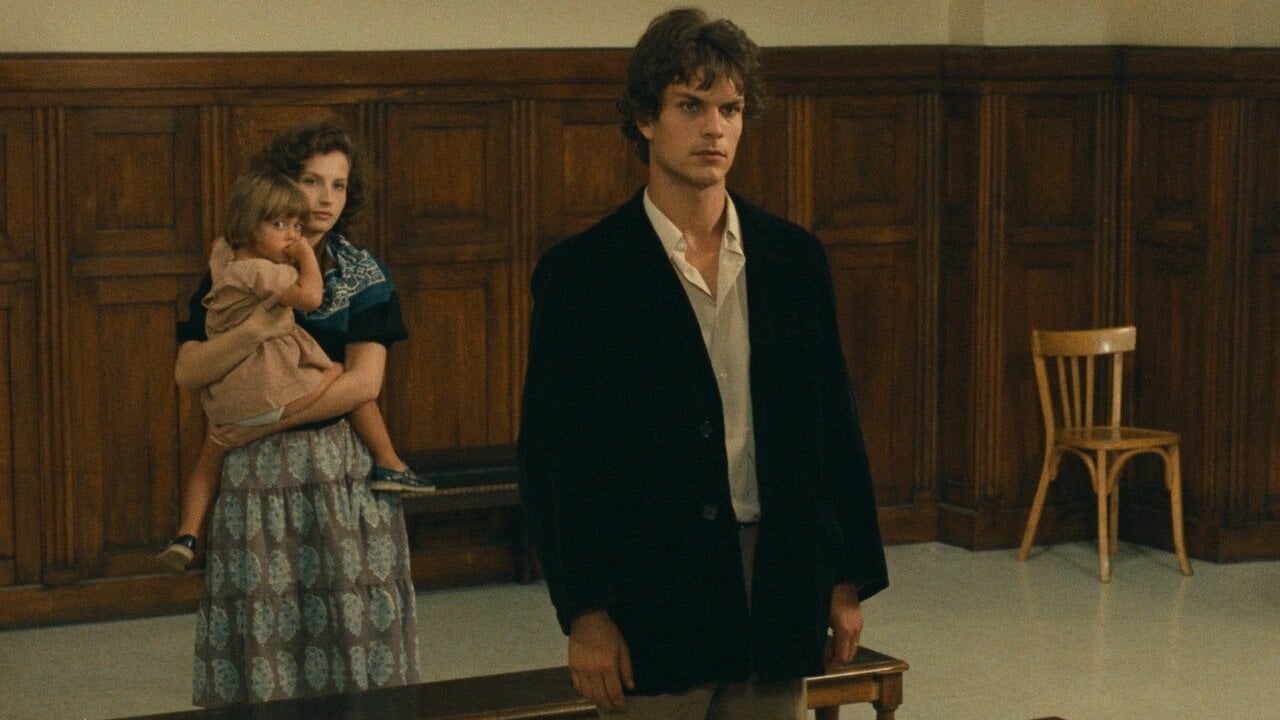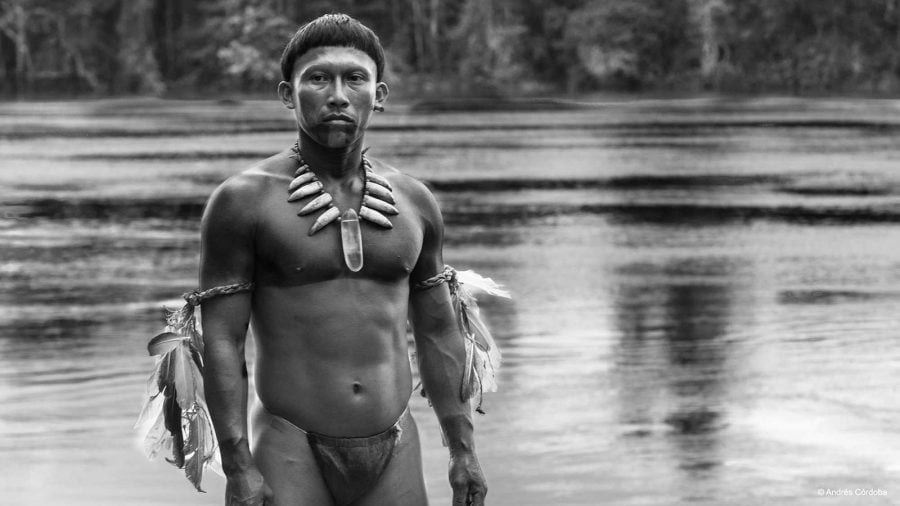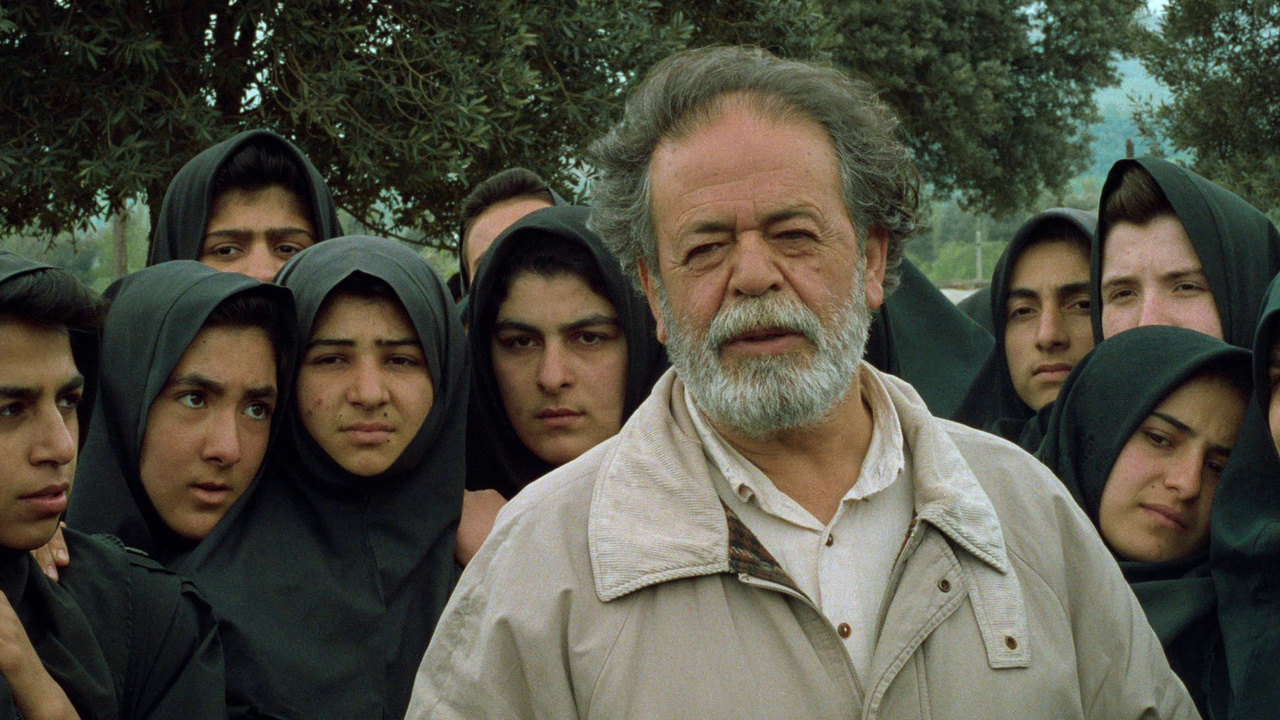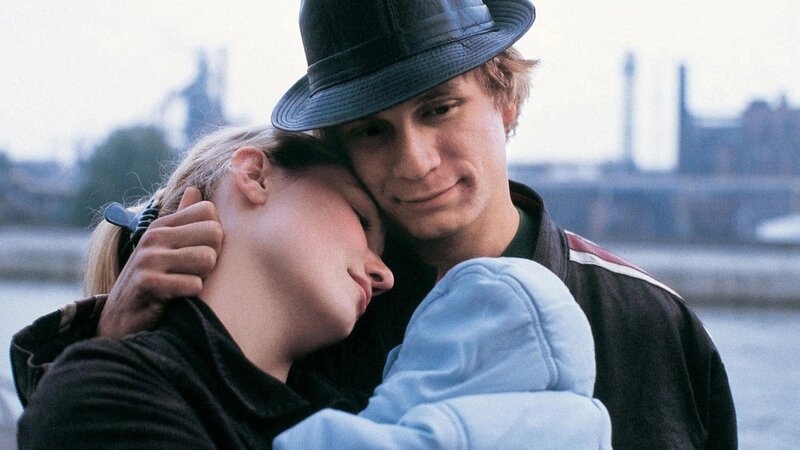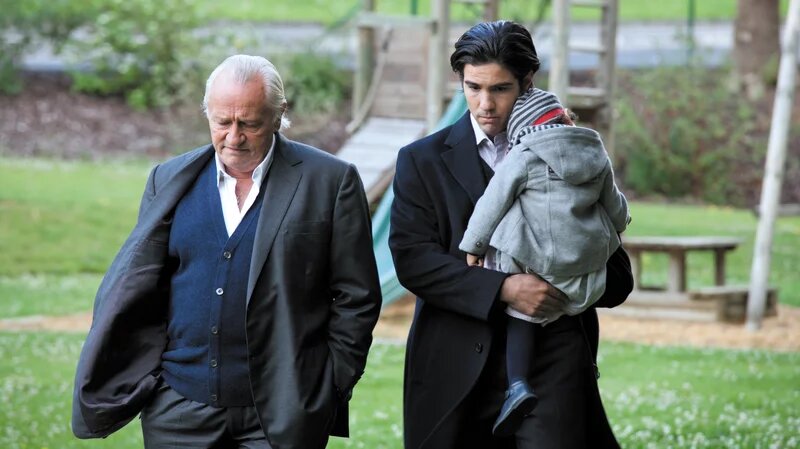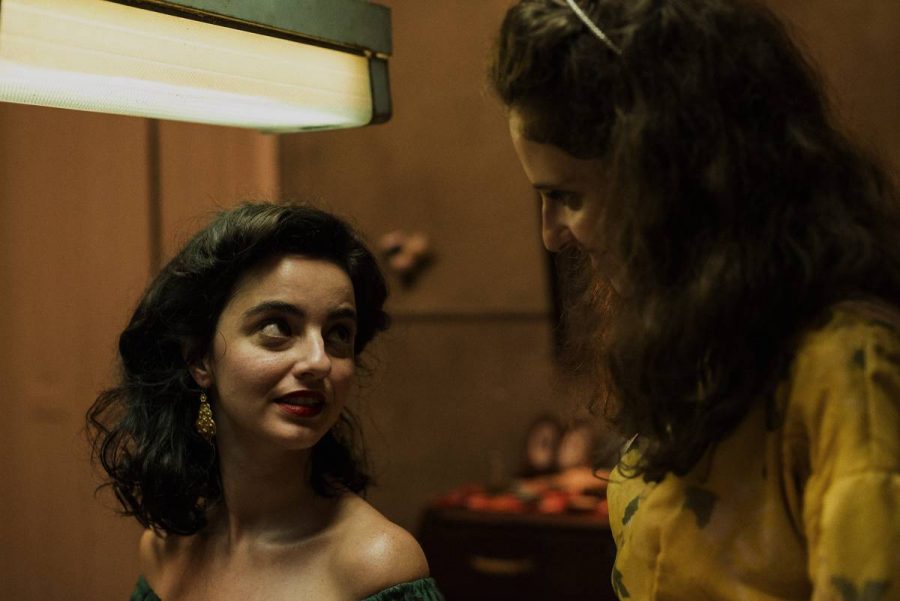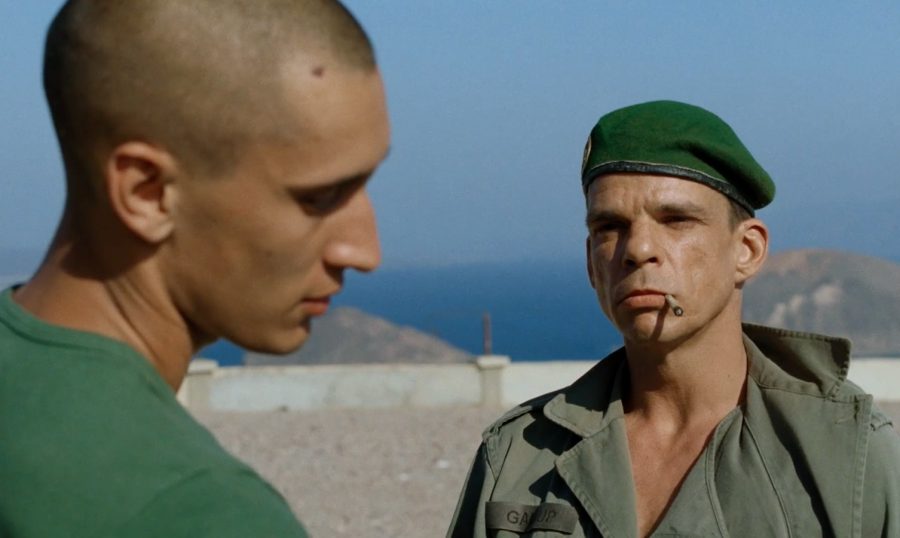With his final film, octogenarian master filmmaker Robert Bresson found the violent, chilling truth in that old cliché, “money is the root of all evil.” L’Argent extends the simplicity of its title (literally, “Money”) into the fabric of the film, using an extremely bare style to track the devastating domino effect that a childish ruse has on one man’s life. When a shopkeeper realizes two schoolboys swindled him out of 500 francs with a counterfeit note, he decides to pass the problem on by paying delivery man Yvon (Christian Patey) with the false note. But when Yvon tries to pay for his lunch with the money, the police are called and his life unravels.
This is just the start of L’Argent’s clinical exploration of the meanness and littleness of man’s greedy spirit. Yvon’s downfall is chronicled with matter-of-fact coldness: everything onscreen is minimal, from the precise cinematography and frugal editing to the non-professional actors’ expressionlessness. This detached style encourages us to absorb all the bitter emotion of the story, which feels — in such an economical format as this — like a moral tale as old as time, but no less cutting.
Genre: Crime, Drama
Actor: Alain Aptekman, Caroline Lang, Christian Patey, Didier Baussy, François-Marie Banier, Gilles Durieux, Jean-Frédéric Ducasse, Jeanne Aptekman, Michel Briguet, Sylvie Van Den Elsen, Vincent Risterucci
Director: Robert Bresson

